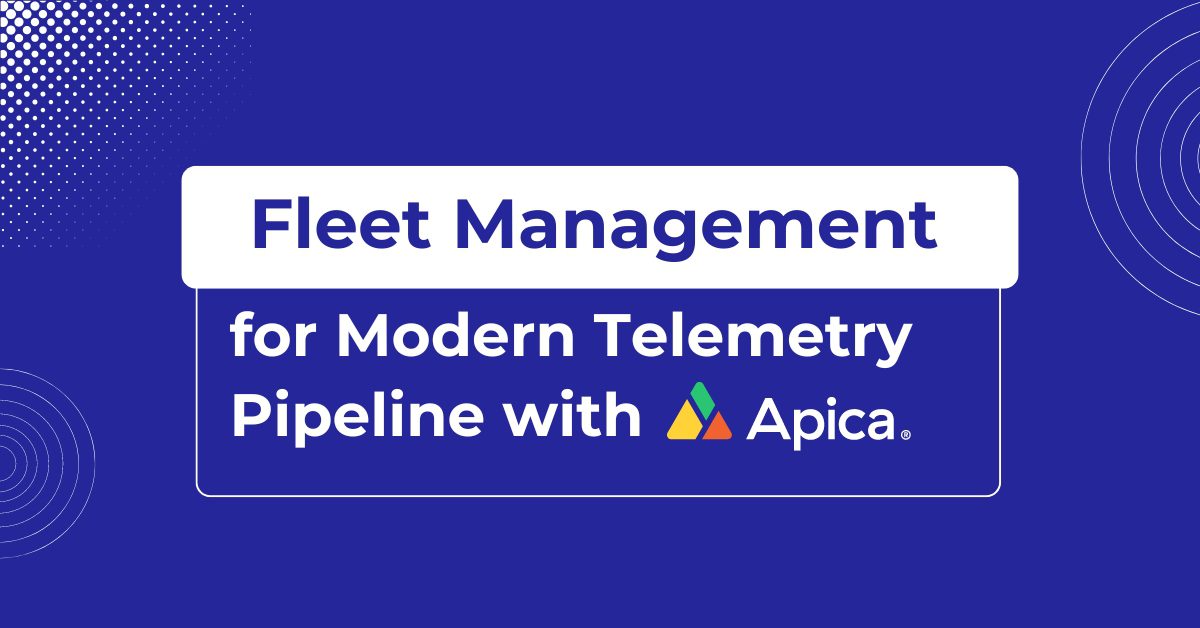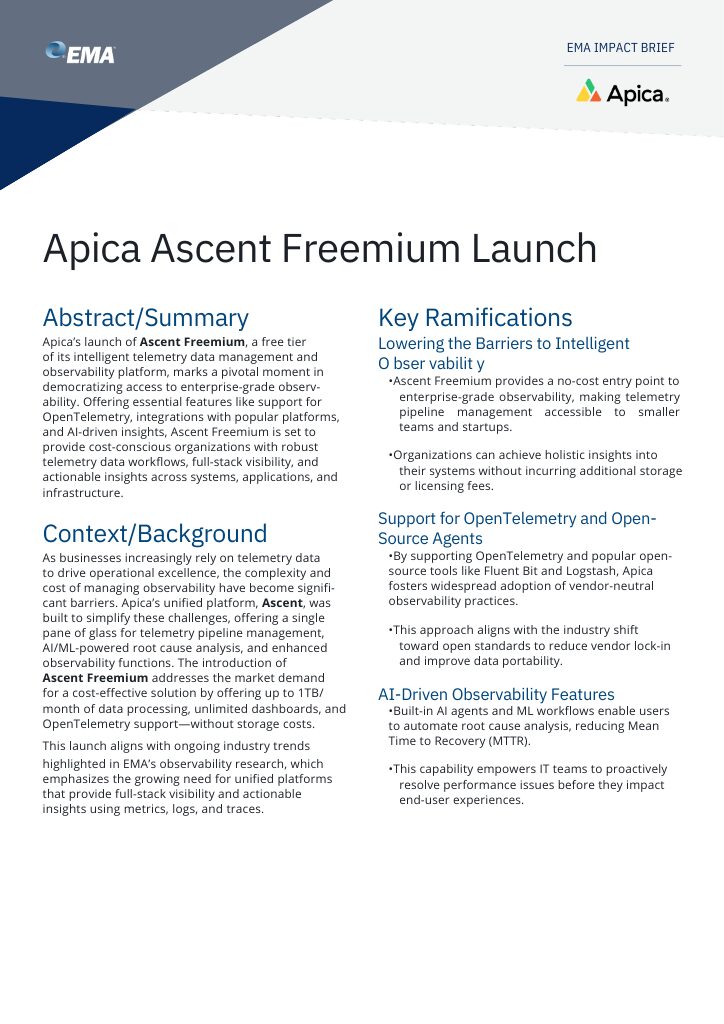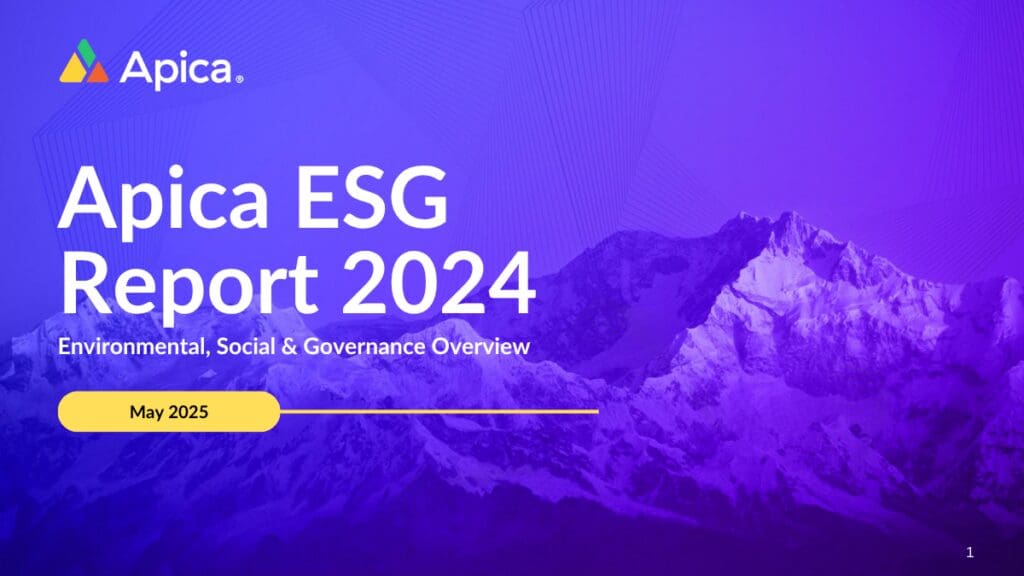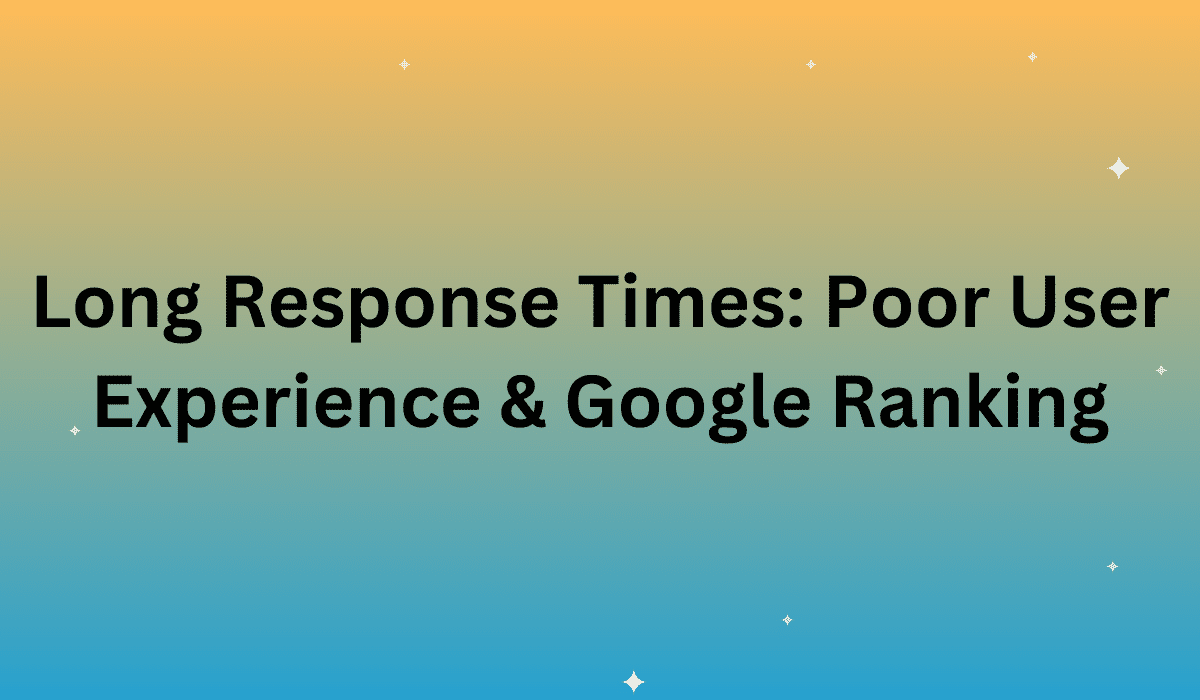A new survey done by web performance experts Apica shows that there is a very strong correlation between response times for a site and its Google ranking. The poorer the response times, the lower the ranking. So long response times affect not only the web customer experience; they also lead to poorer ranking on Google.
Apica, a leading load testing and performance monitoring provider for web, cloud and mobile applications, has recently conducted a survey of a number of Swedish travel companies’ web sites. Apica has measured both response times (the time it takes for a normal user to download the web page) and the sites’ Google rankings.
The results show a very strong correlation between the length of response times, and Google ranking. The sites that had the fastest response times also had the highest ranking on Google search. (And vice versa.) This shows that short response times are important not only for visitor experiences but also for the searchability on the Internet (and the business opportunities associated with a high Google ranking).
“Many companies invest heavily in search engine optimization in order to get a high ranking on search engines’ result lists, but at the same time fill their web sites with lots of high resolution images and movies in the belief that it enhances the customer experience. But if it leads to longer response times, it is only counterproductive”, said Sven Hammar, CEO, Apica.
The survey was done in May. It measured the total load including all content (images, style sheets, flash, etc) on the web page linked from Google’s hit list. The search was done for the phrase “Travel Thailand” four times a day and Apica compared the rankings with the response times for the same period.
Ticket was the best company with a response time of 1.5 seconds, and with the highest Google ranking (on average 3.5). The poorest result was from Apollo with a response time of 5.4 seconds and an average ranking of 7.6.
Virtually everyone with a website is involved with SEO (search engine optimization) with the objective to be ranked high on Google’s hit list, thus increasing the number of visitors to the site and thereby increase advertising revenues and orders / sales.
With Google’s dominance among search engines, many believe that a company “does not really exist” if it ends up far down the list of hits in a Google search. Fewer understand the role of response times in getting a high ranking. In 2010, Google began to include response times in its algorithm for page ranking. This means that a fast response time combined with good SEO result in a high position on the “hit list” – but also that a poor response time results in an inferior position on the list.
“If you have both a poor ranking and a long response time it is unlikely that there will be any traffic to the site, and even if it does, and the page load time is extremely slow, the risk is very high that the customer moves on to a competitor instead – which is always just a click away. The conclusion is that quick response times is as important as a good SEO to rank highly on Google’s hit list, and to create customer satisfaction. A perfect SEO does not really help if you have bad response times”, concluded Sven Hammar.
For additional information please contact:
Sven Hammar
CEO, Apica AB











